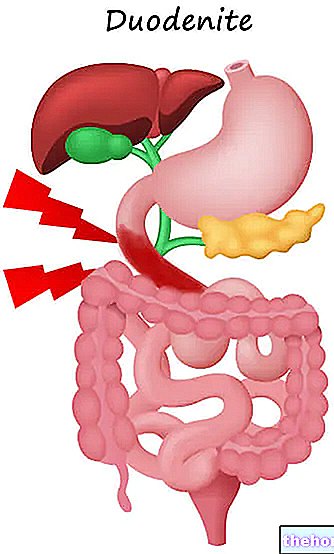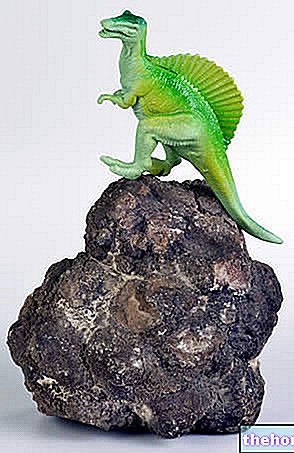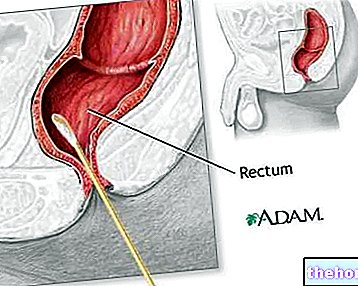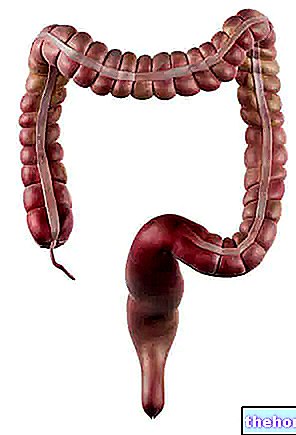Generality
The volvulus is the phenomenon of anomalous twisting of a tract of the intestine on itself and with respect to the portion of the mesentery that supports this tract.
More frequent in infants and very young children, volvulus can degenerate into two dangerous complications: intestinal blockage (or intestinal obstruction) and a reduction in the blood supply to the intestinal tract subject to torsion.

Volvulus causes several symptoms, including abdominal pain, abdominal cramps, vomiting, nausea, bloating, and flatulence.
To prevent the volvulus from having serious consequences, sometimes even fatal for the patient, timely diagnosis and treatment are essential.
What is the volvulus?
Volvulus is the medical term that describes the "anomalous twisting of a bowel" loop on itself and with respect to the portion of mesentery that supports this loop.
More frequent in infants and very young children, volvulus episodes can be fatal due to two important consequences.
The first important consequence is the so-called intestinal blockage. Also known as intestinal obstruction, intestinal blockage is that serious medical condition characterized by the presence of a "partial or complete obstruction in a point of the intestine, such as to slow down (if it is partial) or block (if it is complete) the transit of products. digestion; when the obstruction is severe and treatments are not prompt, intestinal blockage can be fatal for the patient.
The second important consequence is the reduced blood supply to the affected intestinal tract (intestinal ischemia). For the organs of the human body - including the intestine - a reduced blood supply causes damage and suffering, as it leads to less oxygenation of individual cells. If the reduced blood supply to the intestinal cells is prolonged, cell damage progressively passes to cell death by necrosis.




























